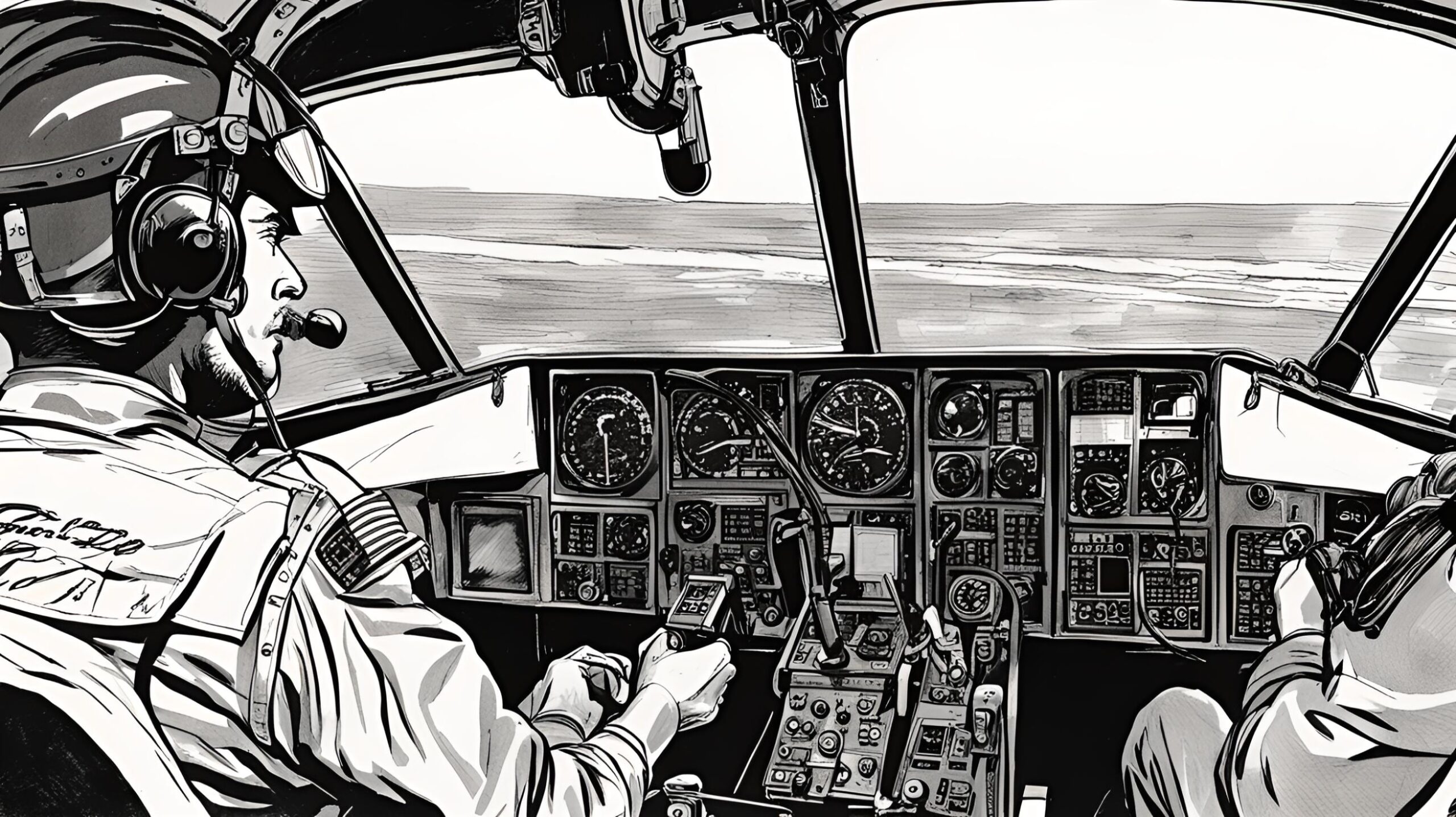Flashback to July 15
American History

The Battle of Gettysburg is one of the most significant events in American history. Lasting for three days from July 1 to July 3, 1863, it marked a turning point in the U.S. Civil War. On the final day of the battle, July 3, both Confederate and Union forces fought fiercely, culminating in Pickett’s Charge, a pivotal moment that ultimately led to the Confederate defeat. In this article, we will delve into the events of the final day of the Battle of Gettysburg and discuss its lasting impact on the war.
On the morning of July 3, Confederate General Robert E. Lee prepared for what would become the climax of the battle. Aware of the Union’s vulnerability on Cemetery Ridge, he devised a plan to divide and weaken their forces. Lee decided to concentrate his attack against the center of the Union line, hoping to break through and achieve a decisive victory.
At 1:00 PM, Confederate cannons opened fire, signaling the beginning of one of the largest artillery bombardments in the history of the Western Hemisphere. For over two hours, more than 150 Confederate cannons bombarded the Union positions on Cemetery Ridge. The Union forces responded, and the earth shook as cannonballs flew across the battlefield.
Once the Confederate artillery barrage concluded, General Lee believed the Union line to be sufficiently weakened. He ordered General George Pickett to lead a major assault against the center of the Union line, with General James Longstreet overseeing the operation.
Around 3:00 PM, Pickett’s division, accompanied by troops under Generals Isaac Trimble and J. Johnston Pettigrew, commenced a mile-long march across open fields towards Cemetery Ridge. They would soon face heavy artillery and infantry fire from the Union troops.
Despite suffering immense casualties during their advance, Pickett’s men managed to reach and briefly penetrate the Union line. However, the Union forces swiftly counterattacked, forcing the Confederates to retreat. The failed assault became known as Pickett’s Charge and was a devastating blow to the Confederate army.
The Battle of Gettysburg proved to be a decisive turning point in the U.S. Civil War. The Confederate defeat at Gettysburg effectively ended General Lee’s attempt to invade the North. It also shattered the myth of Confederate invincibility, boosting the morale of Union forces and the general public.
The battle had an enormous impact on the course of the war. Had Lee been successful at Gettysburg, it might have changed the trajectory of the conflict. The Union victory at Gettysburg marked the beginning of a series of events that would eventually lead to the Confederate surrender two years later.
Beyond its immediate consequences, the Battle of Gettysburg played a significant role in shaping the collective memory of the American Civil War. The battle turned Gettysburg into a hallowed ground and led to the establishment of the Gettysburg National Military Park, which now preserves and commemorates the battlefield.
Today, visitors from all over the world come to Gettysburg to learn about the events that took place on those fateful days in July 1863. The battlefield serves as a powerful reminder of the sacrifices made by those who fought and died in the U.S. Civil War.
the final day of the Battle of Gettysburg on July 3, 1863, witnessed the infamous Pickett’s Charge – a failed Confederate assault that marked a turning point in the U.S. Civil War. The Union victory at Gettysburg had far-reaching consequences, ultimately leading to the Confederate surrender and shaping the course of American history. Today, Gettysburg stands as a memorial and reminder of the bravery and sacrifice of those who fought in this pivotal battle.
We strive for accuracy. If you see something that doesn't look right, click here to contact us!
Sponsored Content

First transatlantic helicopter flight…
On July 15, 1952,…

Christine Chubbuck becomes the…
On July 15, 1974,…

First flight of the…
On July 15, 1954,…

John J Persing, US…
John J Persing, a…

In Washington, DC, “American…
In a high-profile case,…

Tacoma Narrows Bridge opens…
On July 15, 2007,…

